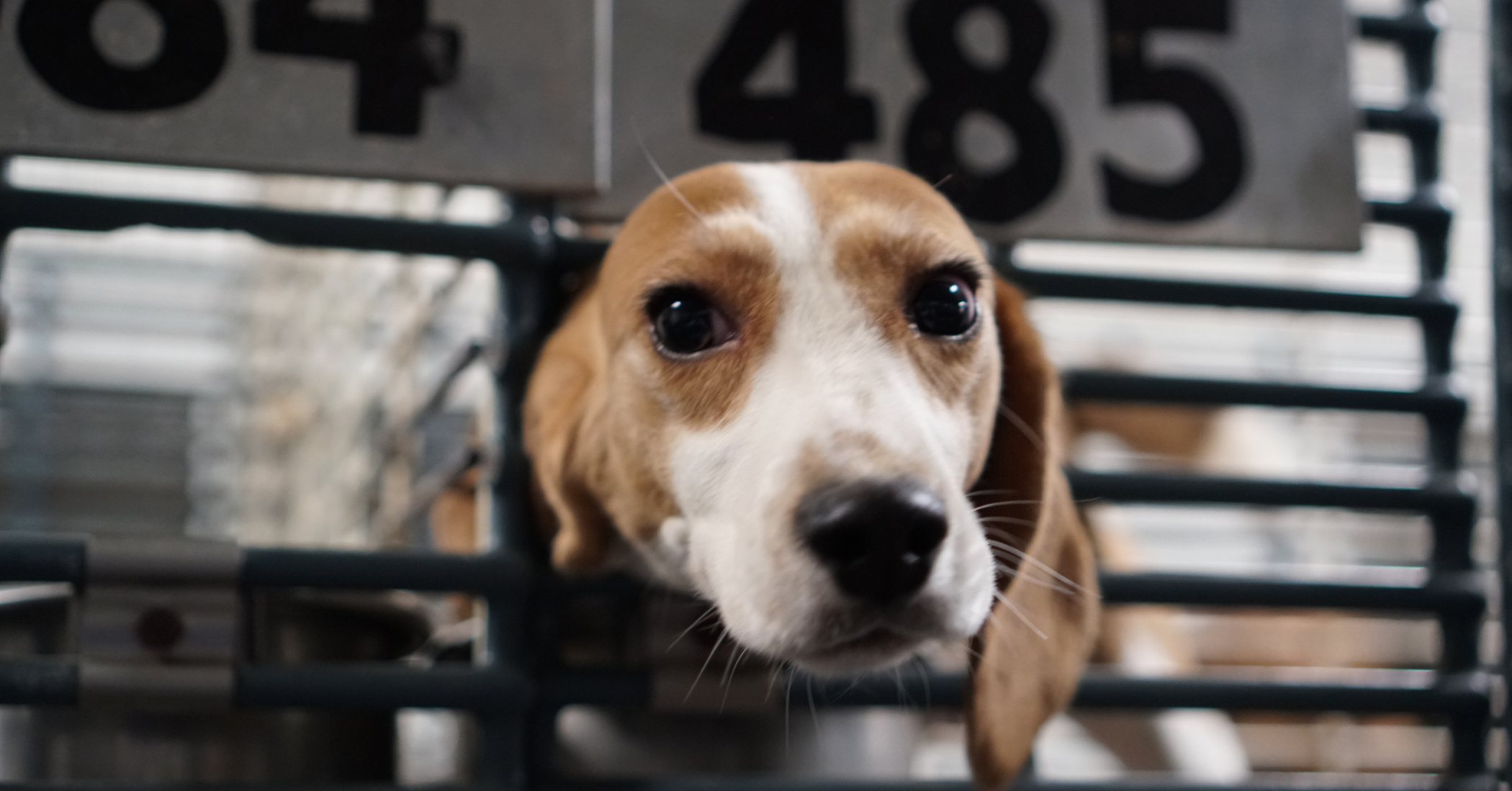US Meat and Dairy Companies Have Spent Millions 'Downplaying' Climate Change and 'Blocking' Reform Efforts, New Report Finds
Researchers found that US companies have consistently lobbied Congress on climate issues, with two of the companies responsible for the biggest emissions in the world.
Aerial views of CAFO (Concentrated Animal Feeding Operations) farms in North Carolina, USA. Credit: Jo-Anne McArthur/WeAnimals.
A new report conducted by New York University has found that the leading meat and dairy companies have ploughed millions of dollars lobbying climate change reforms, playing an active role in "shaping climate discourse".
In focusing on 35 of the world's leading meat and dairy firms, the researchers identified U.S.-based meat processors Tyson and Cargill as among the three companies with the biggest emissions.
The report also found that eight of the 10 U.S.-based companies have consistently lobbied Congress and the Environmental Protection Agency on climate and environmental issues, submitting 545 quarterly lobbying reports since 2000. Of these, Cargill has issued 173 quarterly lobbying reports.
In all, over $200 million has been spent on lobbying, including funding reports which downplay the impact of animal agriculture on climate change.
“Documenting their influence in this area is critical to understanding the failure of the U.S. government to adequately address climate change”, said Oliver Lazarus, one of the report's co-authors.
Lazarus noted how these U.S. companies have shifted their approach over the years: “Meat- and dairy-related trade associations have more traditionally been used to lobby for access to grazing lands and fees and manure management regulations, and to influence government regulation, but more recently they have been involved in blocking climate policy that would limit production.”
Published last week, this is the first peer-reviewed study to focus on the individual carbon footprints of meat and dairy companies. Researchers were able to project companies' future emissions based on current figures, and to compare them with the climate targets set out by each country in the Paris Agreement.
As a result, two companies - Nestlé, whose headquarters is in Switzerland, and New Zealand-based Fonterra - will on their own exceed the entire emission targets set for their respective countries. A third company, Arla, which is the largest dairy producer in Scandinavia, would account for 60% of Denmark's total emissions.
The report also noted that as of July last year, only four of the companies studied had made an explicit commitment to meet net-zero emissions by 2050.
More stories:
Species Unite
A collection of stories of those who fight the good fight on behalf of animals.




The 25% death rate is prompting renewed criticism of zoo breeding programs and fresh calls to prioritize sanctuary-based alternatives.